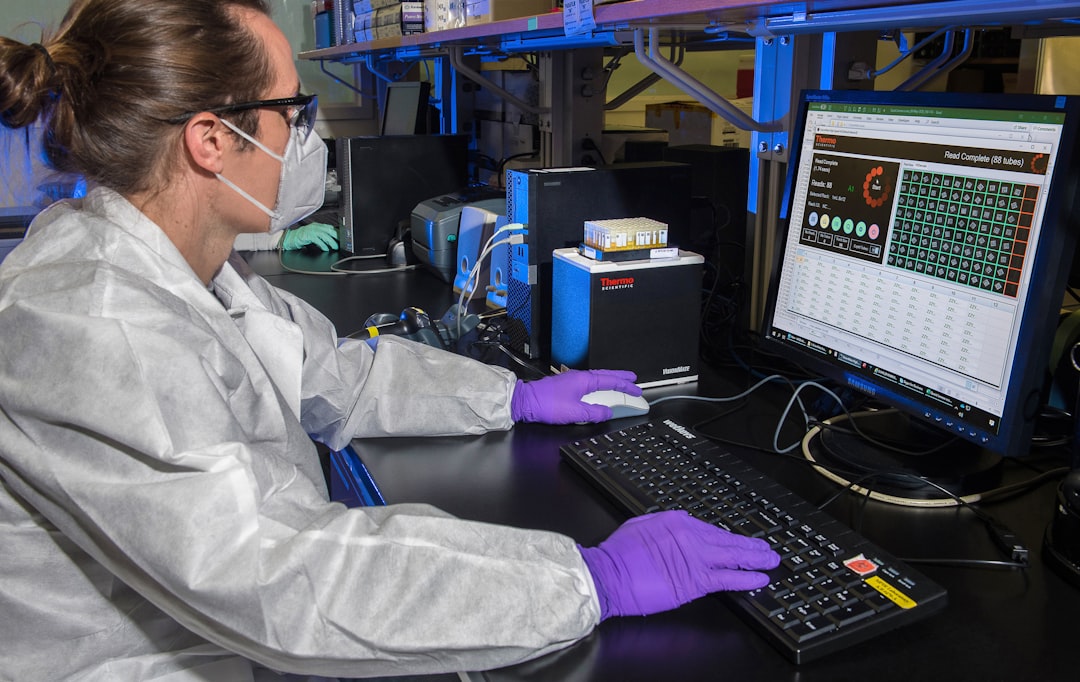What is it about?
As we go about the world, we usually have a sense of confidence or uncertainty associated with what we are perceiving. For instance, when you put on a pair of glasses you'll usually feel like you can see things more clearly, and you'll be more confident in what vision is telling you. We were interested in how our brains work out how much we should trust our senses. In particular, we wanted to know whether our expectations might trickle into to these feelings. If you put on the wrong pair of glasses, you might expect your vision to improve even if it doesn't. But would that still change how much you trust your senses? We ran an experiment a bit like this 'wrong glasses' scenario. Volunteers could learn to expect that visual impression would sometimes be clear, or sometimes be ambiguous. We found that these beliefs could reshape their subjective experiences of their own vision - people became more confident in what they were seeing, and said things actually looked clearer, when they expected clearer impressions. But their actual visual acuity didn't change!
Featured Image

Photo by Bud Helisson on Unsplash
Why is it important?
These results provide one of the first demonstrations that our perceptual sense of clarity or vividness can depend on what we believe - not just on what our eyes actually see. This will be important for scientists trying to understand how awareness works. But these results might also be useful in other ways too. This way of thinking about experience could eventually help us to understand unusual perceptual experiences like hallucinations - where people have a sense that something is vivid and real, even when it isn't. Understanding how these beliefs work could also be important when we think about how our sensory abilities change as we get older. As we age our vision might get worse, but our beliefs might not keep up, so we might think we can see the road ahead more clearly than we can!
Read the Original
This page is a summary of: Expectations about precision bias metacognition and awareness., Journal of Experimental Psychology General, March 2023, American Psychological Association (APA),
DOI: 10.1037/xge0001371.
You can read the full text:
Contributors
The following have contributed to this page










